2017 Game Theory and Mechanism Design
 34
34
2017 Game Theory and Mechanism Design
July 1, 2017, Hangzhou, China
School of Economics Zhejiang University
Center for Research of Private Economy
Venue:ShaoYifu Museum, YuquanCampus, Zhejiang University
8:20--8:30 Registration
8:30--8:50 Welcome Remark
Xianhai Huang (Dean of School of Economics, ZJU)
8:50--12:05 Session One
Chair: Qingmin Liu (Columbia University)
8:50--9:50 Ariel Rubinstein(Tel Aviv University&New York University)
Multi-dimensional Reasoning in Games: Framework, Equilibrium and Applications
9:50--10:50 YingniGuo (Northwestern University)
The Interval Structure of Optimal Disclosure
10:50--11:05 Tea Break
11:05-12:05 SongziDu(Simon Fraser University)
Robust Mechanisms under Common Valuation
12:10-13:40 Lunch (Coffee Bar, Shao YifuMuseum, Yuquan Campus, ZJU)
13:40--15:40 Session Two
Chair: XianwenShi(University of Toronto)
13:40--14:40 Andrew Postlewaite(University of Pennsylvania)
A Very Robust Auction Mechanism
14:40--15:40 Ying Chen ( Johns Hopkins University)
Information Acquisition under Persuasive Precedent vs Binding Precedent
15:40--16:00 Tea Break
16:00--18:00 Session Three
Chair: MioajunWang(Zhejiang University)
16:00—17:00 Heng Liu(University of Michigan)
Information Spillover and Delay in Multilateral Bargaining with Adverse Selection
17:00—18:00 JianrongTian(University of Hong Kong)
Coarse Information
18:30-21:00 Conference Dinner,

Andrew Postlewaite
Andrew Postlewaite is the Harry P. Kamen Professor of Economics and Professor of Finance. He is a member of the American Academy of Arts and Sciences and is a director of the National Bureau of Economic Research. He is the founding editor of the journal American Economic Journal: Microeconomics. Professor Postlewaite is also a Research Associate at Penn's Population Studies Center and a Research Associate at Penn's Institute for Law and Economics. He has taught at Caltech, Harvard, Princeton, Stanford, the University of California, San Diego, the University of Illinois and Yale. His research interests include game theory, social norms and behavioral economics. He has served on the editorial board of the Journal of Economic Theory and Games and Economic Behavior, and as coeditor of Econometrica and editor of the International Economic Review.

Ariel Rubinstein
Ariel Rubinstein is a professor of economics at the School of Economics at Tel Aviv University and the Department of Economics at New York University. He studied mathematics and economics at the Hebrew University of Jerusalem, 1972–1979 (B.Sc. Mathematics, Economics and Statistics, 1974; M.A. Economics, 1975; M.Sc Mathematics, 1976; Ph.D. Economics, 1979).
In 1982, he published "Perfect equilibrium in a bargaining model", an important contribution to the theory of bargaining. The model is known also as a Rubinstein bargaining model. It describes two-person bargaining as an extensive game with perfect information in which the players alternate offers. A key assumption is that the players are impatient. The main result gives conditions under which the game has a unique sub-game perfect equilibrium and characterizes this equilibrium. He also co-wrote A Course in Game Theory (1994) with Martin J. Osborne, a textbook that has been cited in excess of 5,300 times as of March 2014.
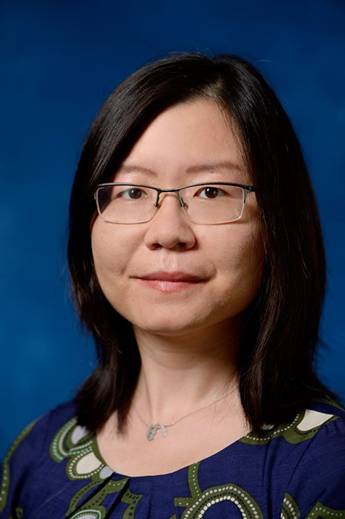
Ying Chen
Research interests are in game theory, information economics and political economy, and she is particularly interested in strategic communication and dynamic bargaining. One of her recent papers models rhetoric in legislative bargaining as “cheap talk” and investigates the extent to which such communication can convey private information about legislators’ preferences and how it affects the bargaining outcome. Another recent paper discusses the optimal way to present arguments in debates in order to persuade the audience. One of her current projects aims to understand how dynamic concerns affect agenda setting when multiple issues need to be addressed and time is limited. She is also working on a series of papers that explore the efficiency implications of different budgetary institutions using game-theoretical models of dynamic bargaining.

Songzi Du
Songzi Du,Ph.D. ineconomic analysis and policy at Stanford;assistant professor of Department of Economics at Simon Fraser University. He is the referee of many top journals including American Economic Review, Canadian Journal of Economics, Dynamic Games and Applications, Econometrica, Economic Theory, Games, Journal of Economic Theory, Review of Financial Studies, andTheoretical Economics. He services at Tenure and Promotion Committee, Brown-Bag Seminar Committee, UndergraduateCurriculum Committee, Chair Search Committee and is the organizer of Canadian EconomicTheory Conference 2014. His research interests focus on game theory, mechanism design andmarket microstructure.
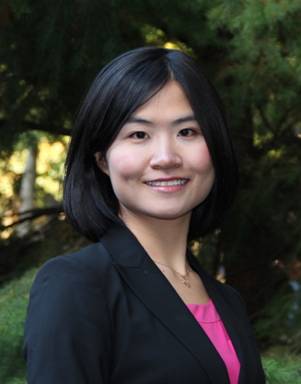
YingniGuo
YingniGuo has been a microeconomic theoristin Northwestern University since 2014. Before then she received her Doctor’s degree of Economics in Yale University and Bachelor’s degree in Economics in Tsinghua University with highest distinction. Her research focuses on dynamic mechanism design, repeated games and information transmission in voting games. Her thesis “Dynamic Delegation of Experimentation” was published on American Economic Review. Her research “Dynamic Mechanisms without Transfers” is awarded by National Science Foundation.
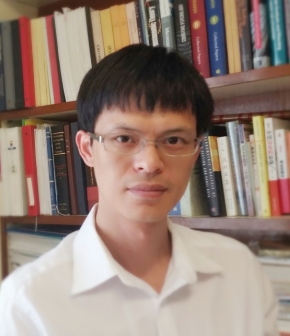
RongzhuKe
Professor Ke received his Ph.D in economics from Massachusetts Institute of Technology, USA, in 2009. He is an assistant professor at the Chinese University of Hong Kong.His research interests include microeconomic theory, mechanism design, and organizational economics. He also conducts some empirical work concerning testable implication of contract theory.
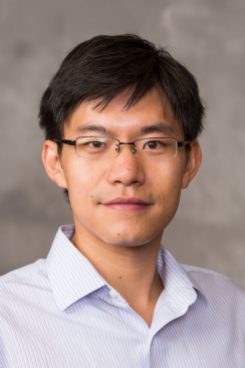
Heng Liu
Heng Liu received his Ph.D. in Economics from University of Rochester in May 2015 and then joined University of Michigan as an assistant professor in Department of Economics. He works on mechanism design and game theory. His current research interests focus on dynamic mechanisms and dynamic games, in particular, dynamic incentive provision with or without monetary transfers and dynamic adverse selection problems. His thesis“Equilibrium Selection in Common-Value Second-Price Auctions” was published in Games and Economic Behavior.
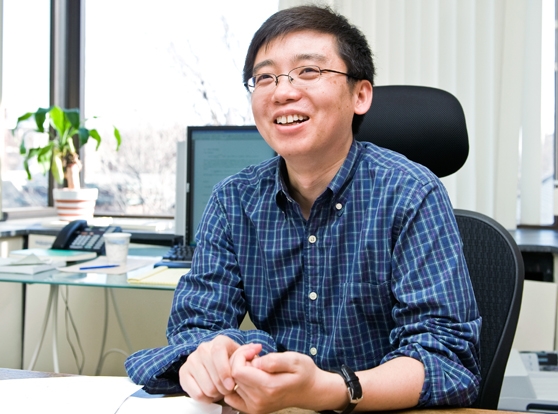
Qingmin Liu
Qingmin Liu has beenan associate professor at Columbia University since 2011. Before that he was an assistant professor of Department of Economics at University of Pennsylvania and received his Doctor’s degree at Stanford University. His research focuses on microeconomics and his latest refereed publications include “Optimal Contracts for Experimentation”(Review of Economic Studies,2016), “The Role of Information in Innovation and Competition”(Journal of the European Economic Association,2016), etc. He is anassociate editor for Theoretical Economics and Journal of Mathematical Economics.
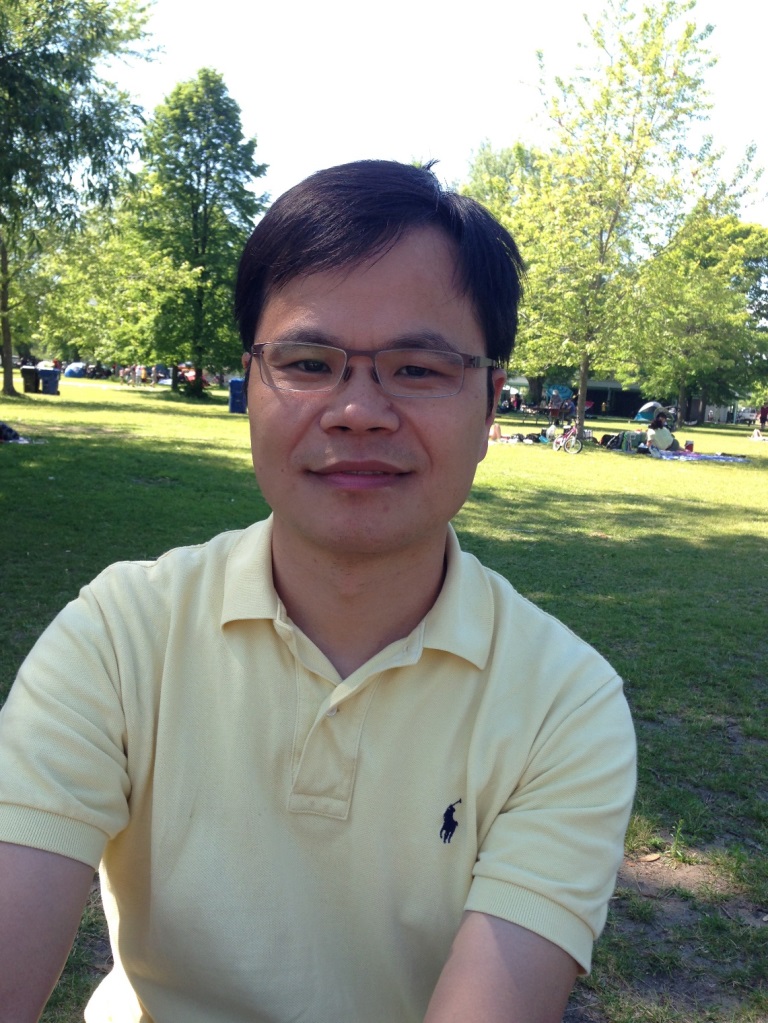
XianwenShi
Xianwen Shi has been an assistant professor in Economics at University of Toronto since 2007. Before then he received his Ph.D. of Economics at Yale University and finished his postgraduate study at Peking University. His research interests include auctions, mechanism design, search and matching. His recent publications include papers inReview of Economic Studies, Journal of Law, Economics and Organization, Journal of Functional Analysis, Games and Economic Behavior, etc.
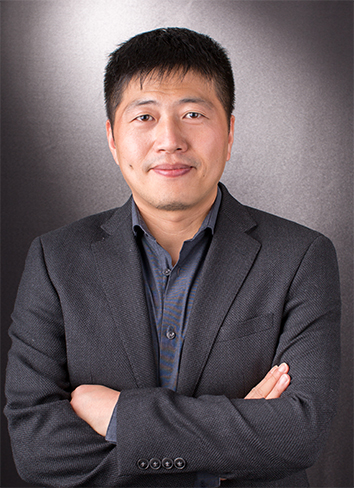
JianrongTian
JianrongTian joined the University of Hong Kong as assistant professor in economics in 2016. Before that he received his Ph.D. at the University of Wisconsin-Madison and finished his undergraduate study at Fudan University.Tian's research interest is microeconomic theory, including information economics, game theory and mechanism design.
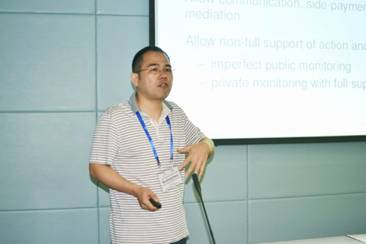
WenzhangZhang
Professor Wenzhang Zhang received his Ph.D. in 2007 from National University of Singapore. He joined the School of Economics at Shanghai University of Finance & Economics in 2007. His areas of specialization include microeconomics and game theory.His recent publications include papers on Journal of Economic Theory, Theoretical Economics.





